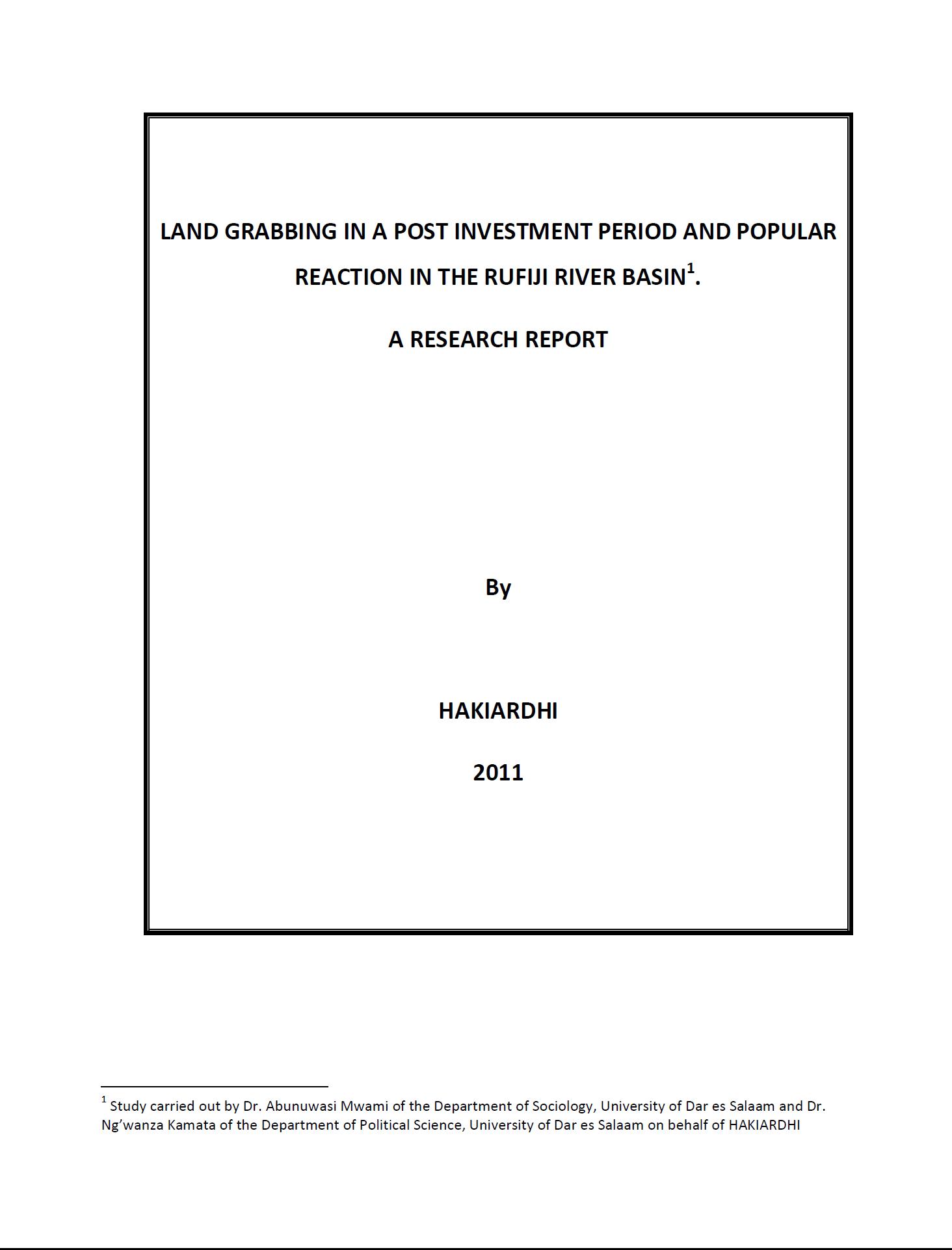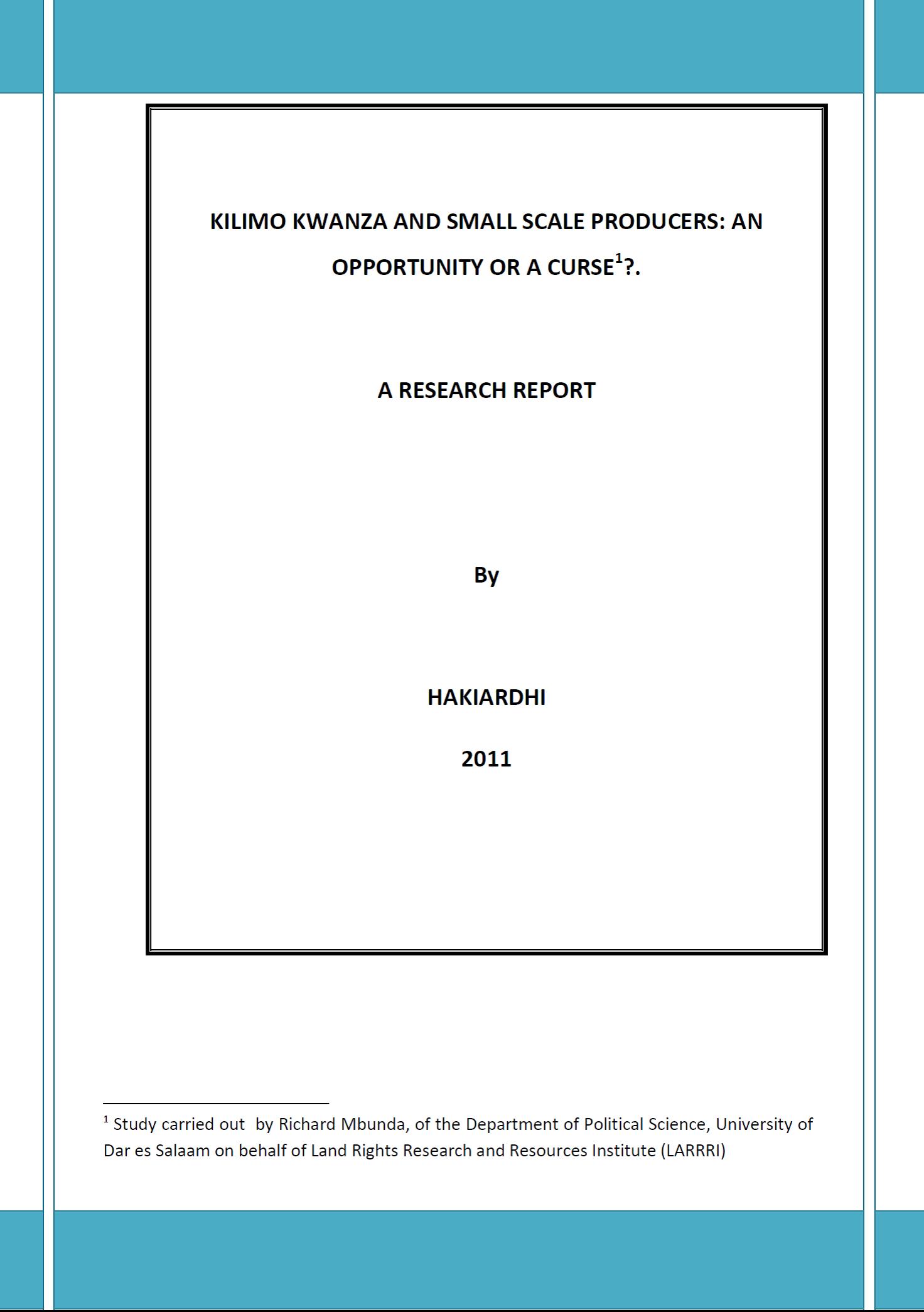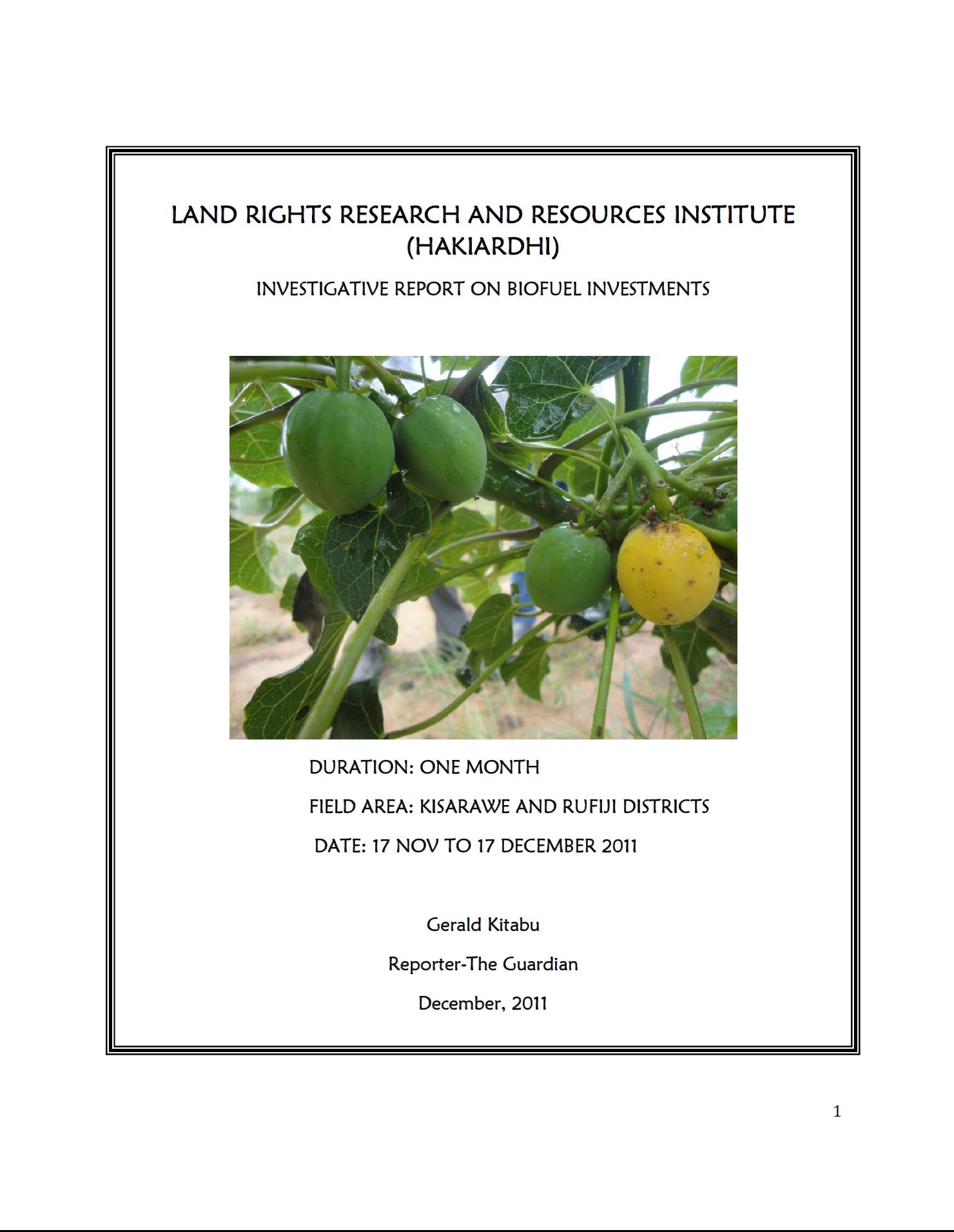Land Concessions, Land Tenure, and Livelihood Change: Plantation Development in Attapeu Province, Southern Laos
ABSTRACTED FROM EXECUTIVE SUMMARY: This paper seeks to add to the growing literature on land concessions by examining a recent, high-level concession as a means of understanding three aspects related to concessionary investments: (1) the process by which concessions are awarded and implemented; (2) the intricate relationship between land use, land tenure, and land ownership in the face of concessions; and (3) the way in which village and household livelihoods are impacted due to such massive land use and ownership changes.




